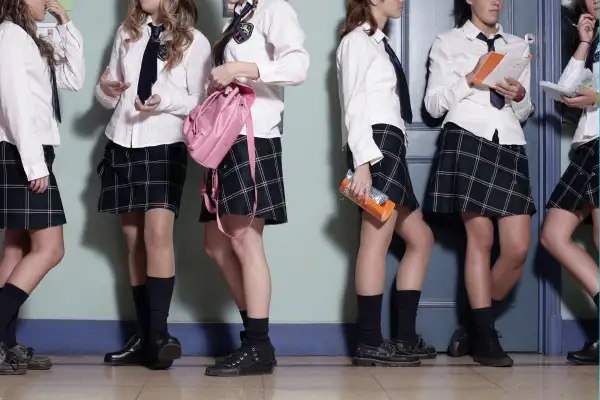Many Colleges Offer Affirmative Action for the Rich and Powerful

Didn’t get into the college of your dreams? Maybe you weren’t qualified. Or maybe you weren't connected, influential, or rich enough.
One hundred admissions officers at 400 top colleges and universities surveyed by Kaplan Test Prep—so fully 25% of respondents—said they have “felt pressured to accept an applicant who didn’t meet (the) school’s admissions requirements because of who that applicant was connected to.”
And 16% said their school gives an edge in admissions to applicants who are the children or siblings of alumni.
The Kaplan survey confirms what has long been one of the worst-kept secrets in the college admissions world: Many colleges give admissions advantages to applicants related to people college officials believe can help the institution in some way.
Many college officials have defended the practice, noting that these comparatively few exceptions help them raise big donations and recruit powerful backers to do things like fund scholarships for smart but needy students.
But this age-old policy of “affirmative action for the rich" has also been criticized as one factor contributing to the continuing gaps between college graduation rates for the rich and poor, as well as ongoing economic inequality. (Colleges' chintzy financial aid policies also worsen inequality, charges one high school principal.)
Even colleges that say they are "need-blind" in admissions—in other words, don’t hold a student’s need for financial aid against them when making admission decisions—aren’t wealth-blind. Many wealthy and generous private colleges, such as Duke University, set aside at least a few letters of admission for “development admits”—underqualified children of families whom the school’s Development Office fundraisers hope will make large donations, journalist Dan Golden documented in his book The Price of Admission.
Many public universities also bend the rules in favor of influential slackers. Investigators found that between 2005 and 2009, the University of Illinois admitted an estimated 800 underqualified students who were connected to politically powerful families, for example.
And the president of the University of Texas at Austin, Bill Powers, pressured his admissions officers to admit as many as 73 underqualified students from influential families in the last six years, a state investigation recently found. Powers defended his actions, arguing that the number of exceptions affected less than one-tenth of 1% of the student body and "served the best interests of the institution."
Seppy Basili, vice president of college admissions and K-12 programs at Kaplan Test Prep, cautions ordinary applicants against giving up because of this "thumb on the scale" for a small group of "development admits" and "legacies" (children of alumni). "The overwhelming majority of accepted college applicants are successful due to their own merits,” he says.
(Get tips on how to get your application to the top of the pile.)
In addition, Basili noted that such programs are under increasing scrutiny, thanks in part to the growing transparency of admissions practices. An increasing number of students are using an obscure provision in a federal law to gain access to their previously secret admissions files.
